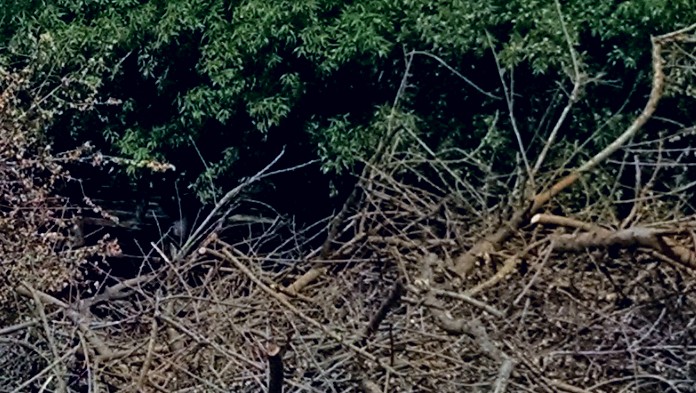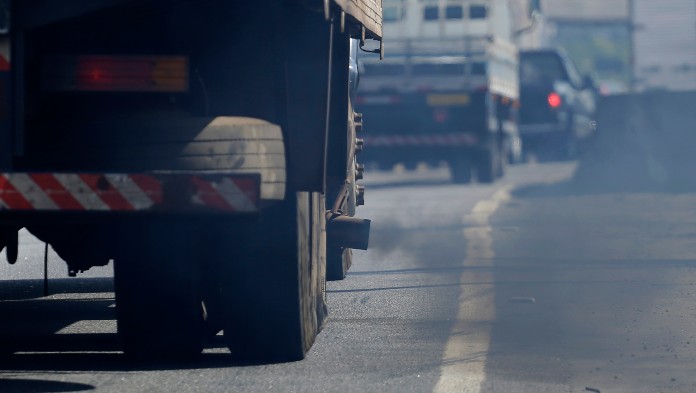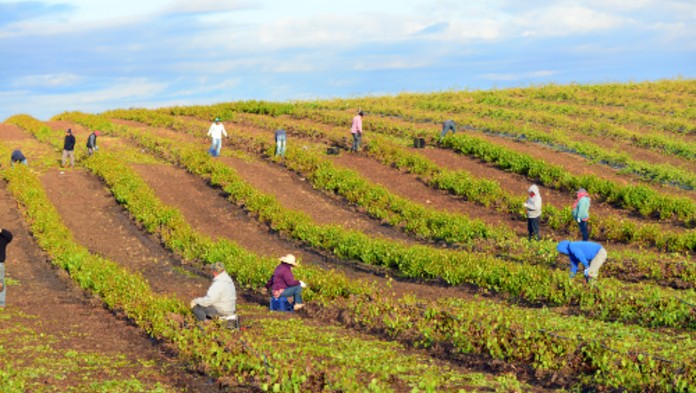How Our Project Is Different
California’s Central Valley has dealt with biomass combustion plants in the past. How the San Joaquin Renewables plant operates can be confused with how biomass combustion plants or other industrial facilities operate. These assumptions mischaracterize SJR’s gasification process, positive environmental impact, and community value. Below are several ways that the SJR project stands apart.
We Are Not Combustion
The San Joaquin Renewables facility will use gasification, gas cleaning, and gas upgrading technologies to convert biomass into renewable natural gas. Gasification is a different process in several ways:
- It does not burn biomass.
- It does not produce soot, particulate matter, or ash.
- It produces biochar, which has a variety of uses.
- It produces fuel instead of power.

We Do Not Cut Down Forests
San Joaquin Renewables will not be cutting down forests or using valuable biomass in its gasifier. Instead, SJR will be turning waste biomass into valuable transportation fuel. The biomass SJR will use includes:
- Almond shells
- Pistachio shells
- Orchard waste (trees that no longer economically produce crop)
We Decrease Pollution
The San Joaquin Renewables facility will have minimal emissions. This means that the project will actually reduce pollution by minimizing pile burning and displacing diesel fuel. When compared to pile burning, SJR will emit:
- 99% less particulate matter
- 96% less NOx
- 99% less carbon monoxide
- 95% less VOCs
We Are Carbon Negative
SJR is a biomass energy plant with carbon capture storage (BECCS plant). The EPA confirms in a letter that SJR's operations will have a 96% reduction of greenhouse gases (GHG) when compared to baseline diesel production. SJR will reduce carbon emissions by:
- Using orchard waste that would have been burned for disposal.
- Sequestering produced carbon dioxide deep underground with a sequestration well.
- Providing natural gas vehicle fuel which is a cleaner alternative to diesel.
Our Benefits Stay Local
The San Joaquin Renewables project will benefit the valley in several ways:
- Major shareholders for this project are local farmers and agricultural processors in the San Joaquin Valley.
- The facility will create 45-50 high paying fulltime jobs for California.
- The natural gas fuel produced will stay in California, keeping most of the environmental and economic impacts here.
We Are Zero Effluent
The San Joaquin Renewables will operate as water neutral and zero effluent. Regular operations will:
- protect valuable irrigation water
- produce biochar, which improves the water retention of soil
- never discharge waste water into the environment






